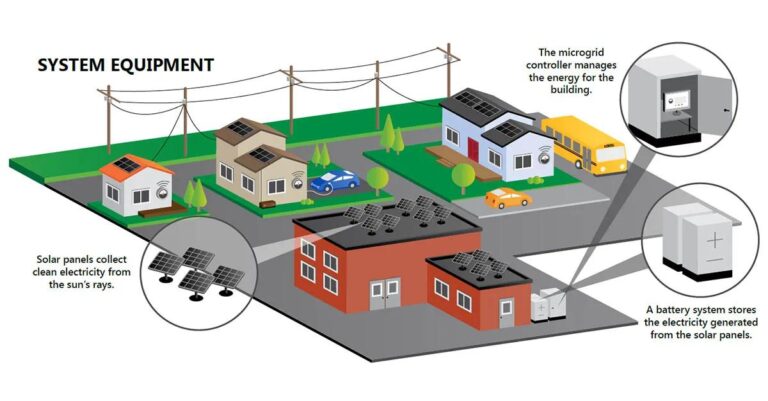Introduction to Solar Microgrids
Solar microgrids are revolutionizing energy access in Uganda, providing reliable electricity to rural communities. These localized energy systems harness solar power to generate and distribute electricity for various applications, significantly improving the quality of life for many Ugandans.
The Importance of Renewable Energy
As a country with abundant sunlight, Uganda is perfectly positioned to leverage solar energy sustainably. Utilizing renewable energy sources reduces reliance on fossil fuels and helps combat climate change, making it a crucial step toward a more sustainable future.
How Solar Microgrids Function
Solar microgrids operate independently of the national grid, providing essential energy to communities that lack access to electricity. By using solar panels, batteries, and inverters, these systems create a self-sufficient power supply that can be tailored to meet the specific needs of each community.
Impact on Local Communities
The implementation of solar microgrids has profound implications for local economies. Access to reliable electricity boosts productivity and encourages entrepreneurship, as businesses can operate more efficiently and offer services previously unavailable in off-grid areas.
Case Studies of Successful Implementation
Several projects illustrate the transformative power of solar microgrids in Uganda. For instance, in regions like Apac and Kamuli, communities have witnessed significant changes in educational outcomes as schools become powered by solar energy. Students can study later into the evening thanks to reliable lighting, enhancing their learning opportunities.
Government Support and Policy Framework
The Ugandan government has recognized the importance of solar energy and is actively promoting policies that support renewable energy initiatives. Such governmental backing is crucial for the successful implementation of solar microgrids and encourages investment from both local and international stakeholders.
Challenges and Solutions
Despite their benefits, solar microgrid projects face challenges, including financial constraints and maintenance issues. Community engagement and training are essential to address these challenges and ensure that local residents can manage and maintain the systems effectively.
The Future of Solar Microgrids in Uganda
Looking forward, the potential for solar microgrids in Uganda appears bright. As technology advances and costs decrease, more communities will likely benefit from this sustainable energy solution, powering progress and improving living standards across the country. For more detailed insights on this topic, visit this link.

